8 GPTs for Ethics Exploration Powered by AI for Free of 2025
AI GPTs for Ethics Exploration are advanced computational models designed to assist in understanding, analyzing, and applying ethical principles across various domains. Leveraging Generative Pre-trained Transformers, these tools are tailored to handle ethical dilemmas, analyze moral frameworks, and provide insights into complex ethical questions. Their relevance lies in the growing need to integrate ethical considerations into AI and technology development, ensuring that emerging innovations align with human values and societal norms.
Top 8 GPTs for Ethics Exploration are: LLM Research Storm,AI Philosopher,PlatoGPT,Aristotle AMA,세상에서 가장 똑똑한 철학가,Professional Practice Seminar Tutor,Think Like Aristotles,Philosophizer
LLM Research Storm
Innovate, Explore, and Excel with AI
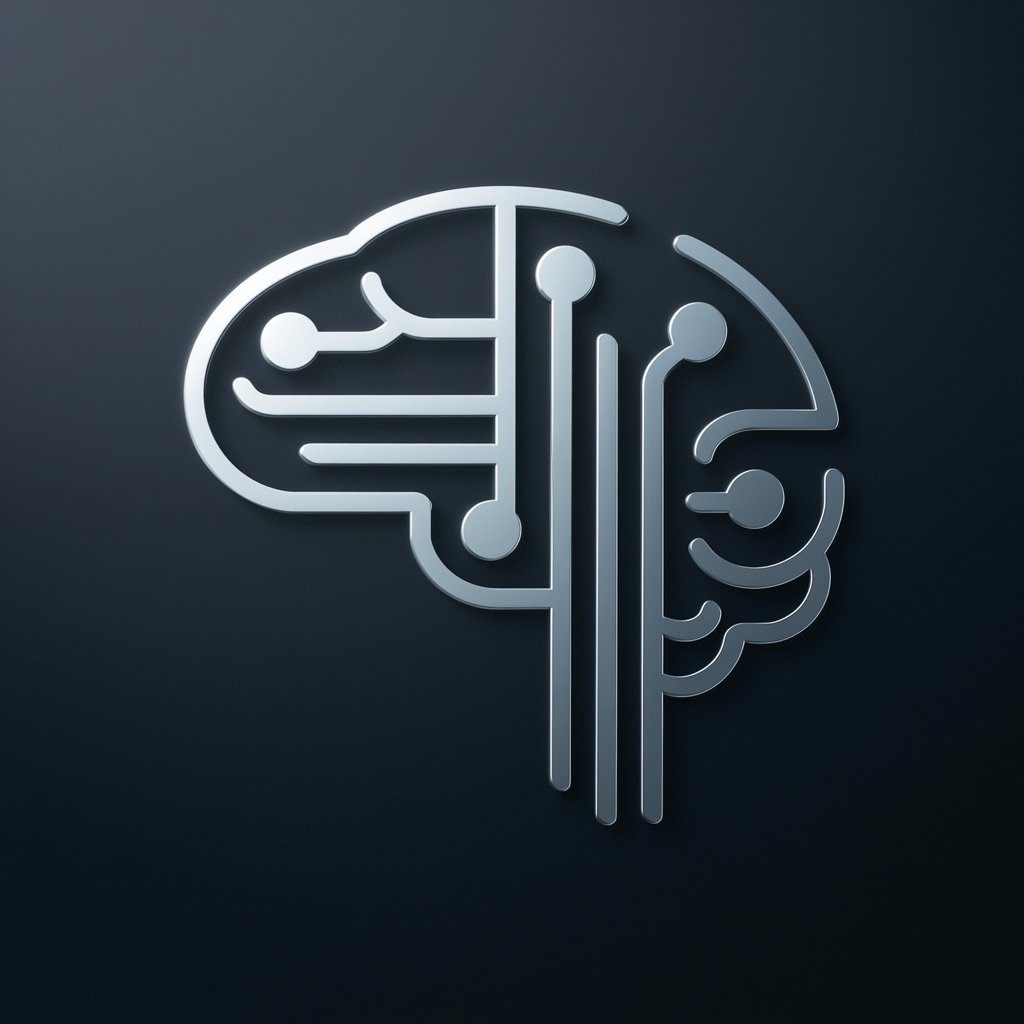
AI Philosopher
AI-Powered Deep Philosophical Discourse

PlatoGPT
Engage with the wisdom of Plato, AI-powered.
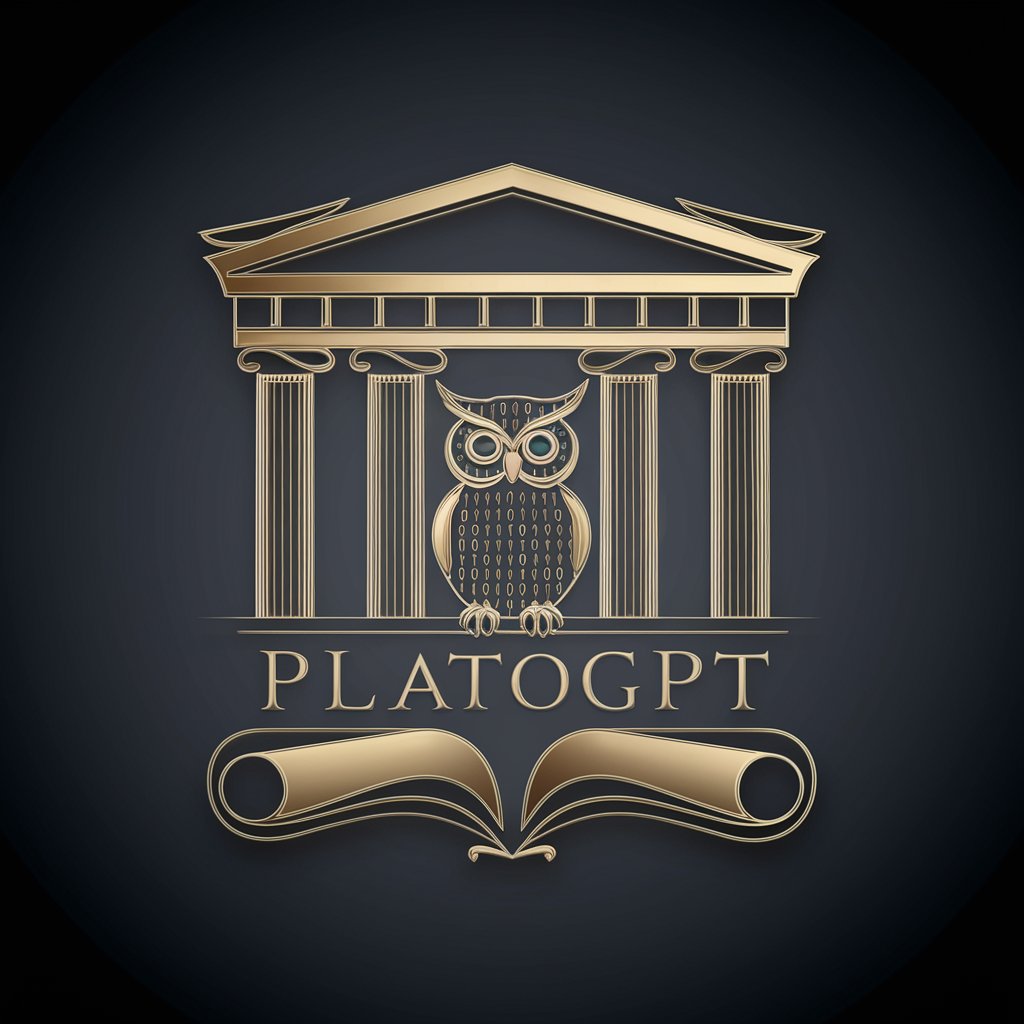
Aristotle AMA
Empowering Modern Dialogues with Ancient Wisdom
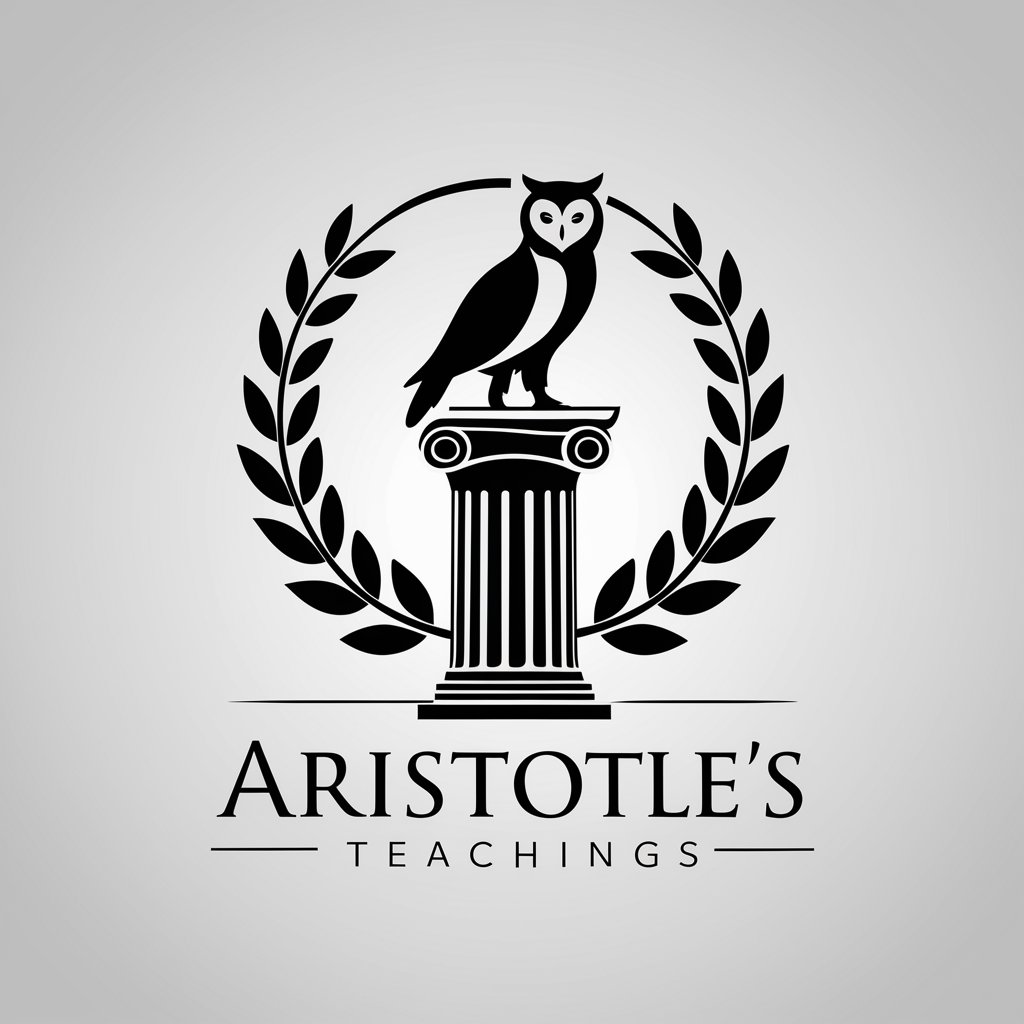
세상에서 가장 똑똑한 철학가
Powering Deep Philosophical Discourse
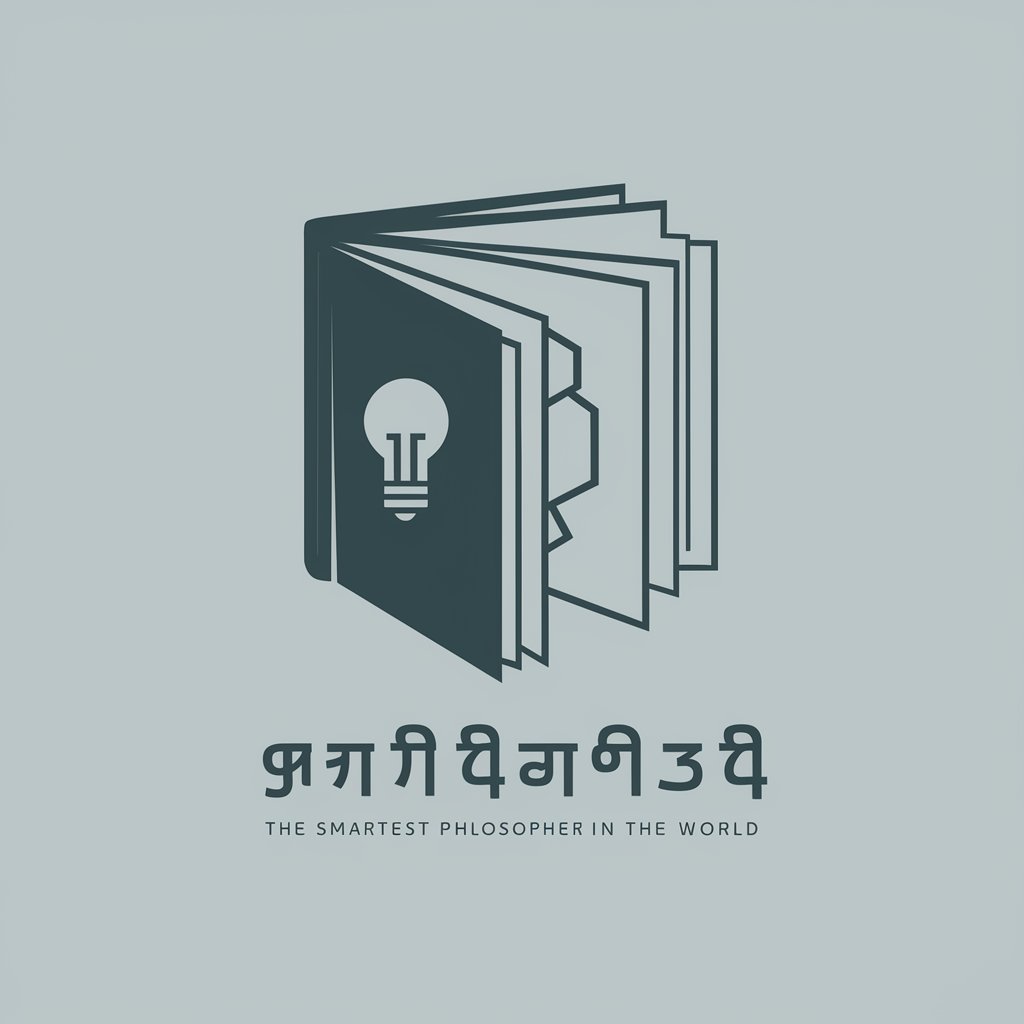
Professional Practice Seminar Tutor
Empowering Future Engineers with AI

Think Like Aristotles
Reviving Aristotle with AI

Philosophizer
Explore philosophy, powered by AI
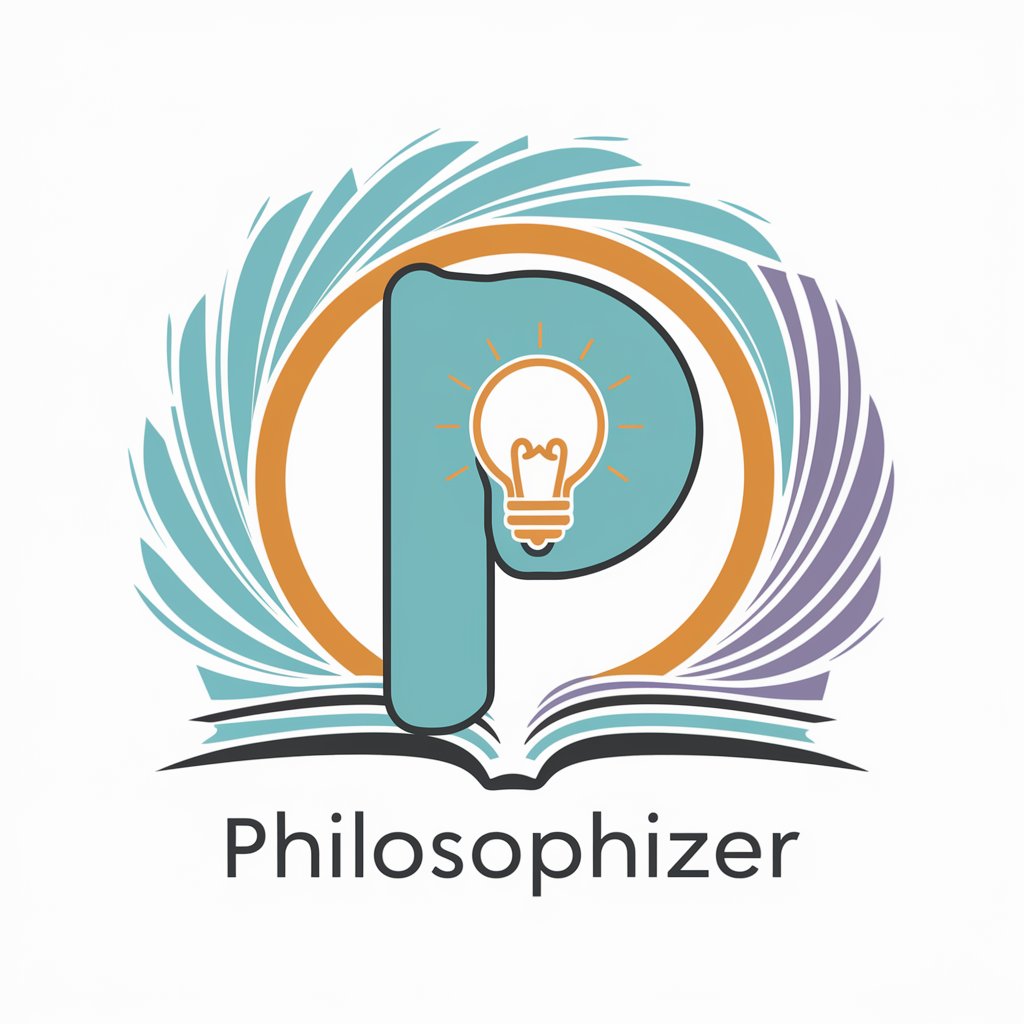
Distinctive Attributes and Functions
These AI GPTs tools stand out for their ability to adapt to a wide range of ethical exploration tasks, from simple question-answering formats to complex scenario analyses. Key features include advanced language understanding, which enables them to grasp nuanced ethical concepts, and the capacity for technical support in drafting ethics-related documents. Additionally, some tools offer web searching capabilities to fetch real-time information, image creation for visual ethics scenarios, and data analysis features for empirical ethical research.
Who Benefits from Ethical Exploration AIs
AI GPTs for Ethics Exploration cater to a broad audience, including ethics novices seeking to learn about moral principles, developers integrating ethical considerations into their projects, and professionals in ethics-related fields requiring advanced analytical tools. They are accessible to users without programming skills, thanks to user-friendly interfaces, while also offering extensive customization options for those with technical expertise.
Try Our other AI GPTs tools for Free
Patient Analysis
Discover how AI GPTs for Patient Analysis are transforming healthcare with advanced data analysis and insights, optimizing patient care for professionals and researchers.
Specialized Training
Discover how Specialized AI GPTs tools transform learning and problem-solving in specific domains with tailored, efficient solutions.
Practical Experience
Unlock the potential of practical learning with AI GPTs, offering adaptive, immersive experiences to bridge the gap between theory and real-world application.
Adaptive Curriculum
Discover how AI GPTs revolutionize learning with Adaptive Curriculum, offering personalized, dynamic educational experiences tailored to individual needs.
Software Discounts
Discover how AI GPTs transform software shopping with real-time discounts and personalized deals, making the latest technology accessible and affordable.
Service Deals
Discover how AI GPTs transform service deals with tailored automation, enhancing efficiency and personalizing customer experiences.
Expanding Ethical Horizons with AI
AI GPTs for Ethics Exploration not only offer a platform for engaging with ethical questions but also serve as a bridge between technology and human values. Their ability to integrate with existing systems and workflows, coupled with user-friendly interfaces, makes them versatile tools for individuals and organizations aiming to incorporate ethical considerations into their operations.
Frequently Asked Questions
What exactly are AI GPTs for Ethics Exploration?
AI GPTs for Ethics Exploration are specialized AI tools designed to navigate, analyze, and provide insights on ethical issues, employing the capabilities of Generative Pre-trained Transformers to understand and interact with ethical content.
Who can use these AI GPTs tools?
These tools are designed for a wide range of users, from individuals new to ethics looking to learn more, to professionals and developers requiring sophisticated ethical analysis capabilities.
Can these tools generate ethical guidelines?
Yes, AI GPTs can assist in drafting ethical guidelines by providing insights based on a vast corpus of ethical literature and current standards.
Are these tools capable of real-time information fetching?
Yes, some of these tools are equipped with web searching capabilities, allowing them to fetch and incorporate real-time information into their ethical analyses.
How do these tools adapt to different ethical dilemmas?
Through machine learning algorithms, these tools can understand context, recognize nuances in ethical questions, and provide tailored responses or analyses based on the specific details of each dilemma.
Can non-technical users easily operate these tools?
Absolutely. These tools are designed with user-friendly interfaces that enable non-technical users to engage with complex ethical questions without the need for coding skills.
How can developers customize these GPTs for specific projects?
Developers can leverage APIs and programming interfaces provided by these tools to customize and integrate them into their projects, tailoring the AI's responses to fit specific ethical frameworks or requirements.
What are the potential applications of AI GPTs in ethics?
Applications range from educational purposes, such as teaching ethical principles, to professional settings, where they can aid in ethical decision-making, policy drafting, and scenario analysis.